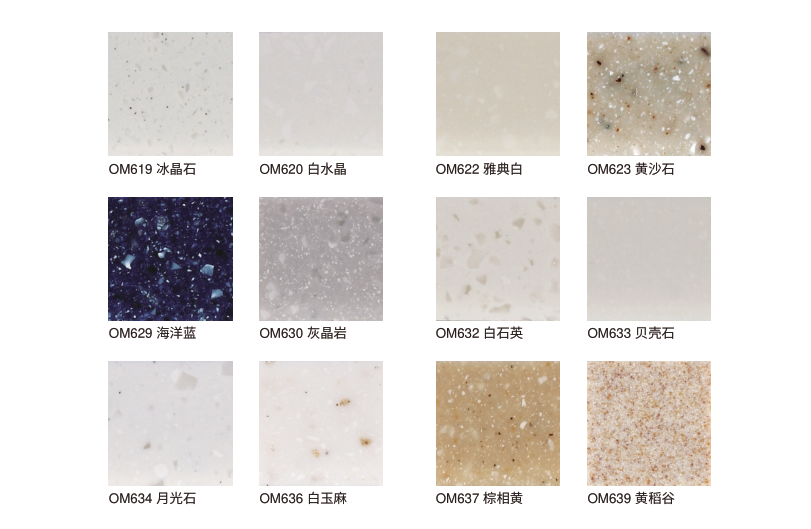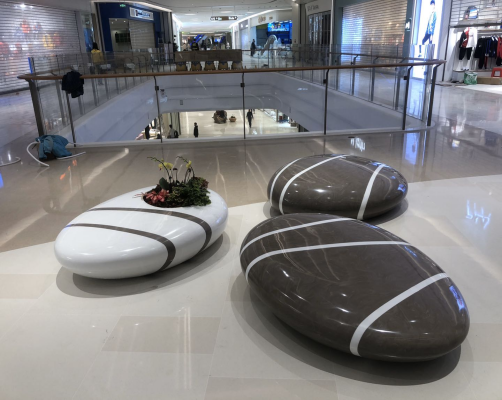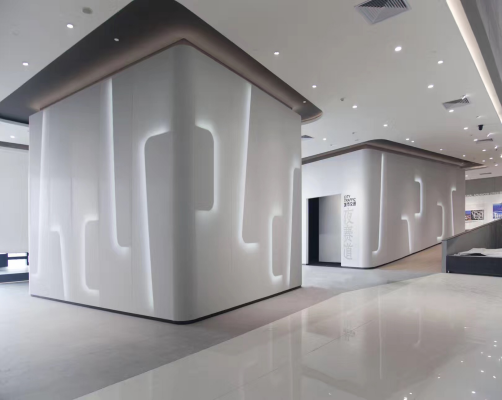When it comes to choosing the perfect countertop material for your kitchen or bathroom, there are several options available in the market. In this article, we will compare acrylic quartz stone slabs with other popular countertop materials, highlighting their differences in terms of durability, maintenance, appearance, and cost.

Durability
Acrylic quartz stone slabs are known for their exceptional durability. They are made by combining acrylic resin with quartz, resulting in a surface that is resistant to scratches, stains, and heat. Unlike natural stone countertops, acrylic quartz stone slabs do not require sealing and are less prone to chipping or cracking.
In comparison, granite and marble countertops are also durable but may require periodic sealing to maintain their integrity. Solid surface countertops, on the other hand, are prone to scratches and may require more frequent repairs.
Maintenance
When it comes to maintenance, acrylic quartz stone slabs are relatively low-maintenance compared to other materials. They can be easily cleaned with mild soap and water, and their non-porous surface prevents the growth of bacteria and stains. Granite and marble countertops, however, may require more specific cleaning products to avoid discoloration and damage.
Similarly, solid surface countertops require regular maintenance to remove scratches and stains. Additionally, they are more susceptible to heat damage and may require extra precautions.
Appearance
Acrylic quartz stone slabs offer a wide range of colors and patterns, allowing for customization according to your style preferences. They mimic the look of natural stone, giving a luxurious and elegant appearance to your space.
Granite and marble countertops also provide a natural and unique aesthetic; however, their color and pattern options are limited to what occurs naturally. Solid surface countertops offer a range of colors but often lack the depth and veining found in natural stone or acrylic quartz slabs.
Cost
Acrylic quartz stone slabs are generally more affordable than natural stone countertops, such as granite or marble. The manufacturing process allows for consistent quality and a wider range of customization options.
On the other hand, solid surface countertops are comparable in price to acrylic quartz slabs but may require more frequent repairs, which could lead to additional costs in the long run.
Conclusion
In conclusion, when comparing acrylic quartz stone slabs with other countertop materials, it is evident that they offer significant advantages in terms of durability, maintenance, appearance, and cost. Their combination of acrylic resin and quartz creates a versatile and long-lasting surface that is both practical and aesthetically pleasing. Consider acrylic quartz stone slabs for your next countertop project to enjoy the benefits they provide.
 Column
Column
 Leisure seat
Leisure seat
 Wall
Wall
 Reception
Reception